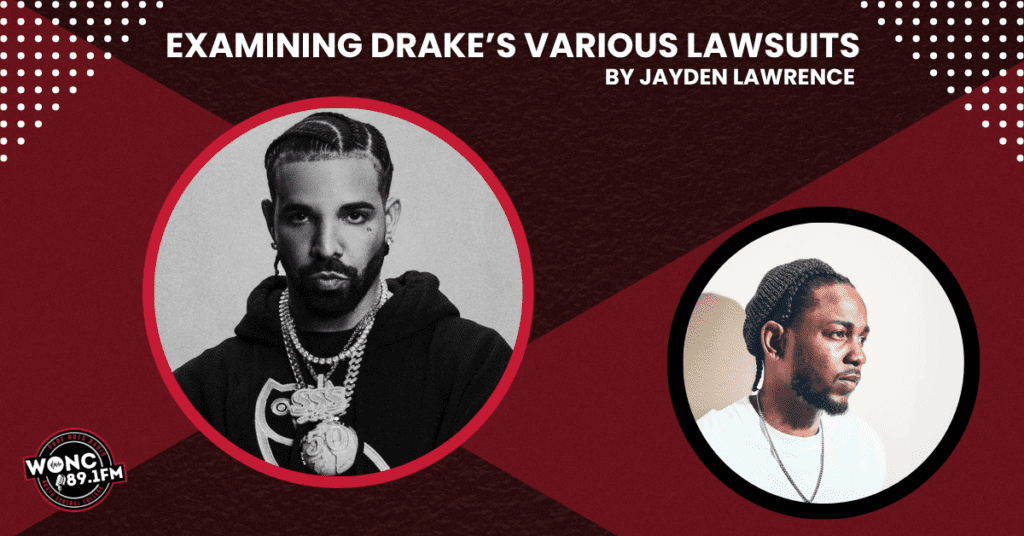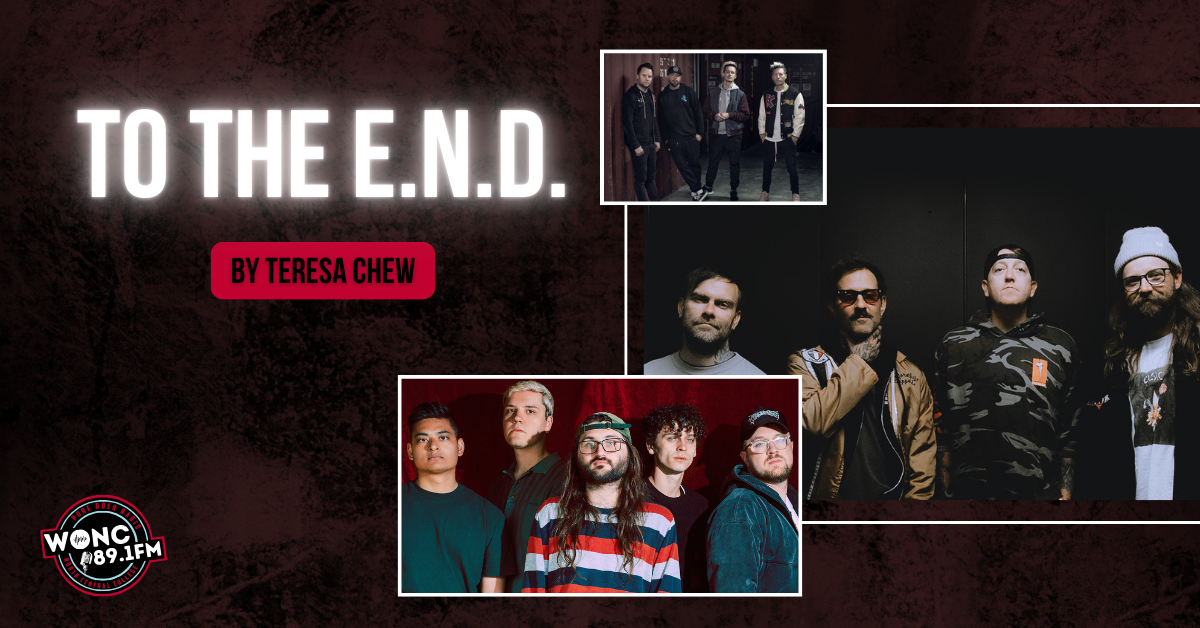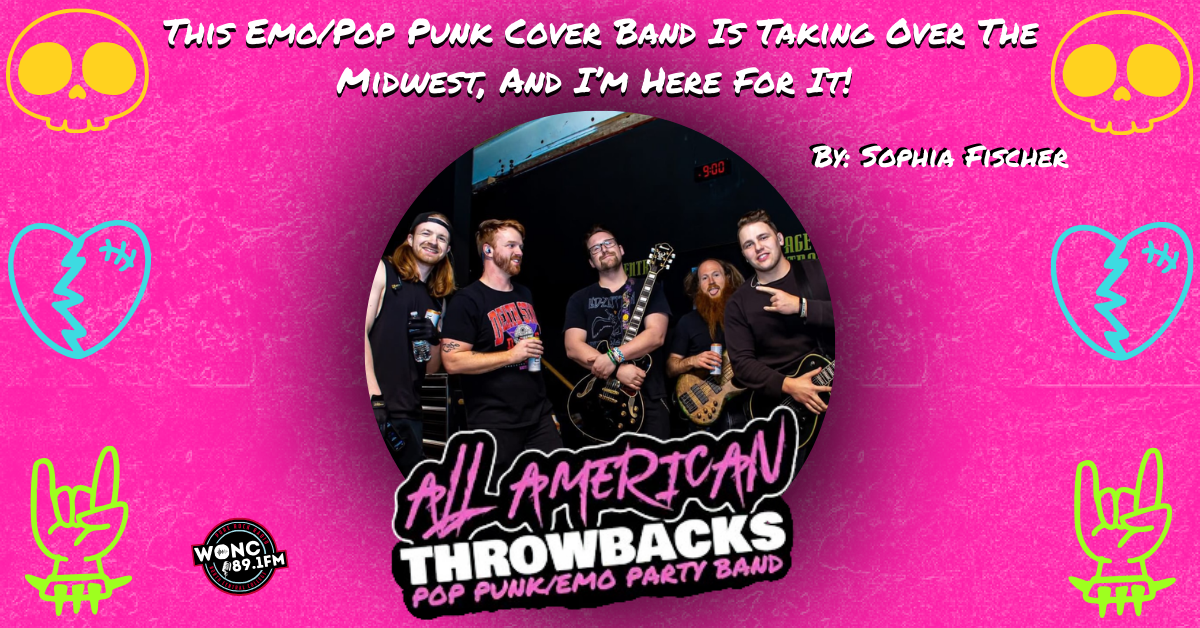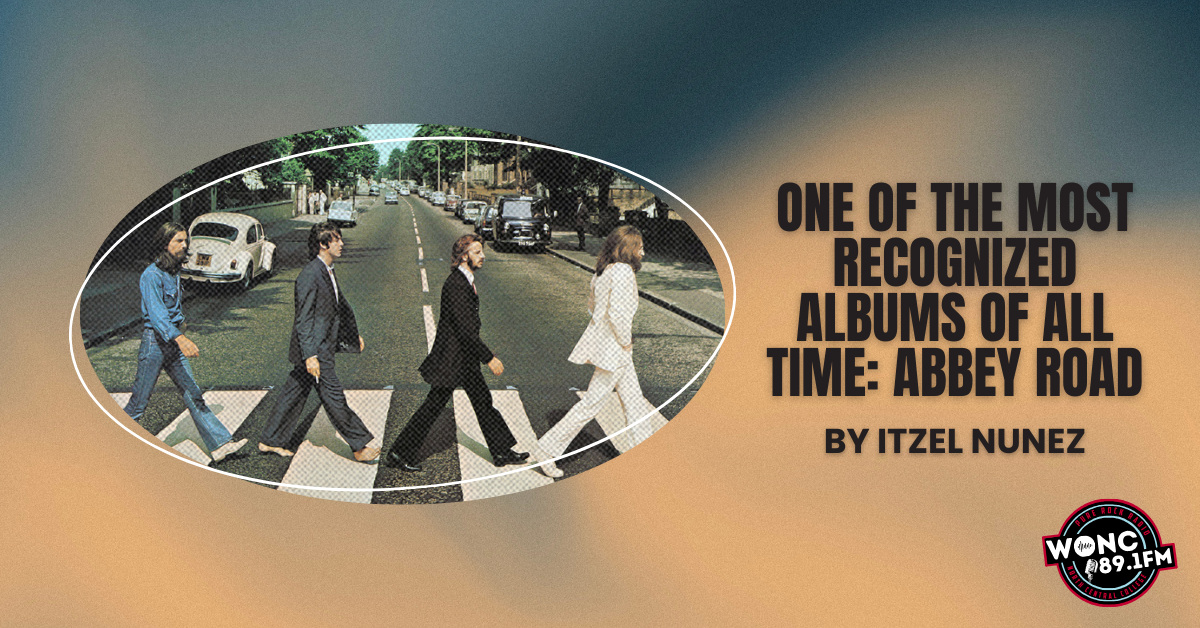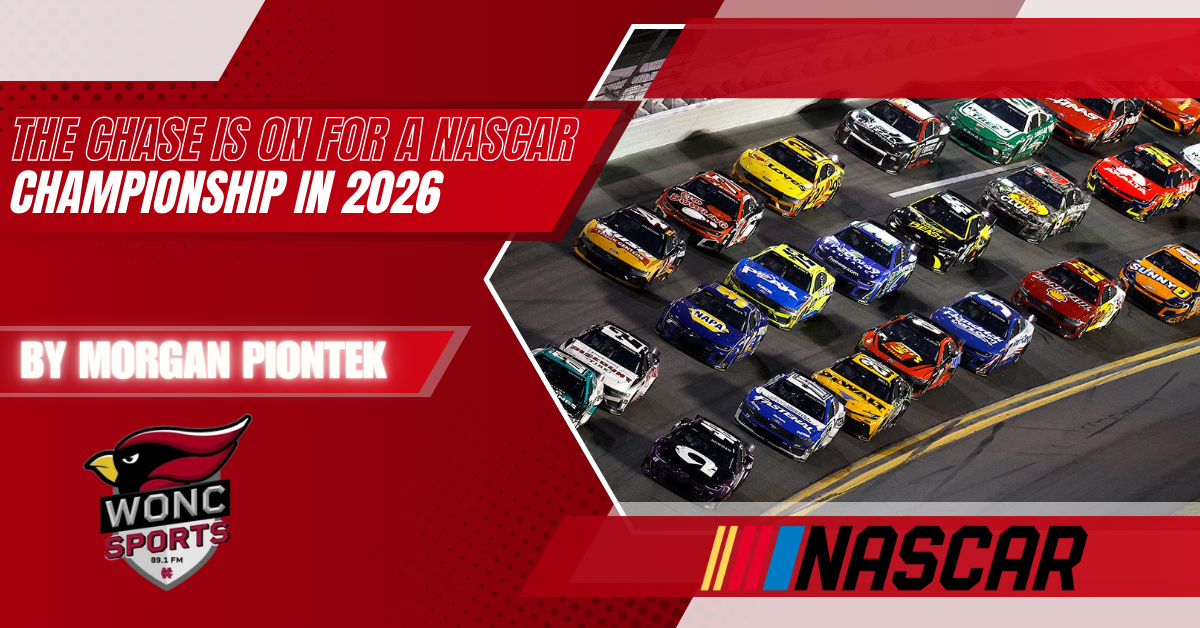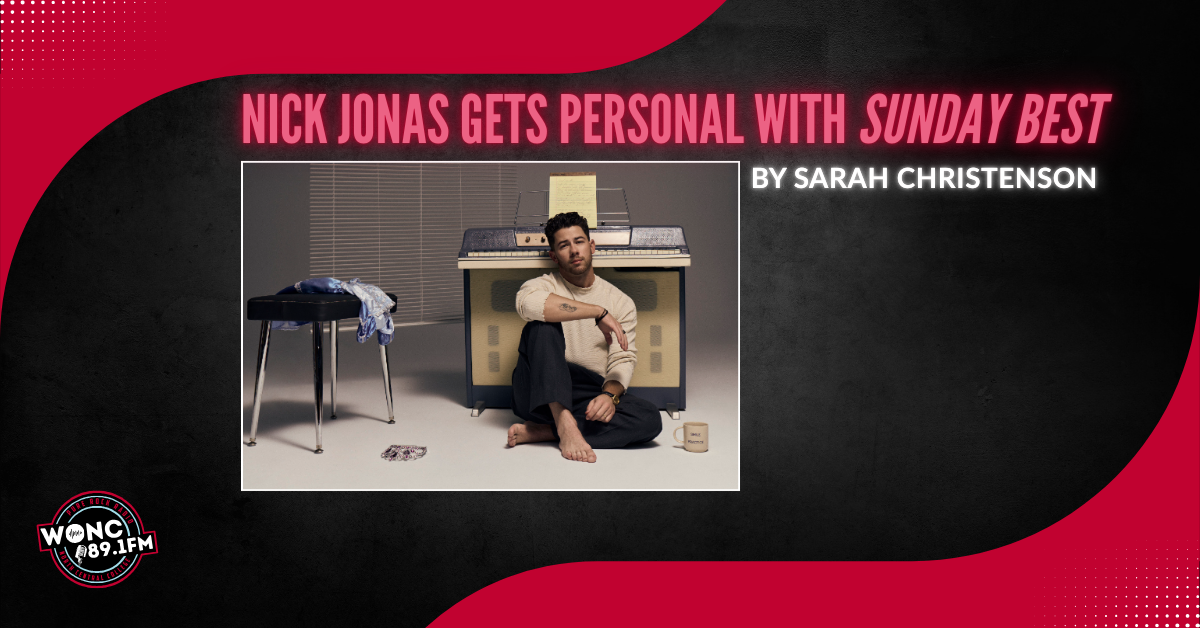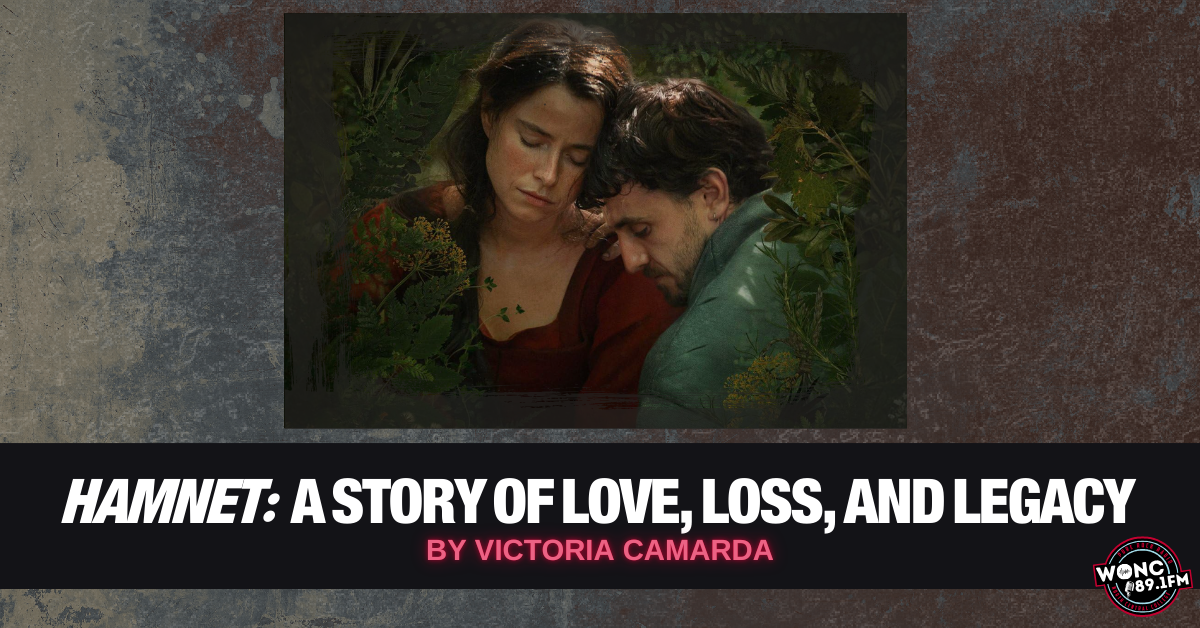by Jayden Lawrence
Drake has remained in the headlines since his widely publicized feud with Kendrick Lamar. His current legal pursuits with Stake and recent attempt to take his defamation suit to the U.S. Circuit Court of Appeals show how much his team, whether intentionally or unintentionally, has challenged a long-established status quo of hip-hop being a counterculture entity. Of course, rap music is more mainstream now than ever, which is antithetical to being counterculture. Listeners can’t escape the repetition of “6-7” thanks to Philly rapper Jemille Edwards, a.k.a. Skrilla, and the infectious “Grind” from AdamnKilla.
Since May 4, 2024, phrases such as “they not like us” have dominated social media and everyday conversation, thanks to Kendrick Lamar’s diss track Not Like Us. Fun fact, the track recently became the first diss track in history to surpass one billion streams on Spotify. (If you still use Spotify, we can have another conversation.)
Drake’s mainstream appeal (and tendencies to be involved with the courtroom) forces acknowledgement from everybody. For me, the most obvious conclusion stemming from this is that we should never separate the artist from the music. (As if that was ever rational to begin with for any type of music)
Although Kendrick Lamar’s diss track made strong claims; the more important detail is that it forced everybody to realize how connected these celebrities are between the music and their personalities. These celebrities aren’t monolithic; they also represent their communities. Just as your local representative should know the issues and speak for you, these artists speak, representing the minds of those who aren’t given a platform. There are people that see themselves in Drake, I may not understand it, but I have to respect it.
This means that constitutional law also can’t ignore the realities of ghettocentric America. The courts must now become places to have genuine cross-cultural debate with grappling, yet seemingly obvious questions. Such as, is it appropriate to call someone a pedophile and broadcast that to the world?
“Although the accusation that the Plaintiff is a pedophile is certainly a serious one, the broader context of a heated rap battle, with incendiary language and offensive accusations hurled by both participants, would not incline the reasonable listener to believe that “Not Like Us” imparts verifiable facts about Plaintiff,” U.S. Circuit Judge Jeanette Vargas wrote.
There’s a humorous element to that statement, as if a rap battle departs from reality. Either way, Drake, like other artists, is deeply connected to both his work and his community, and these claims, whether true or untrue, harm his community’s reputation. Which is why his team is now using his platform to challenge the previous status quo, in which hip-hop and rap was far removed from American society.
Unlike some hip-hop historians, I would argue that this is acceptable. We all should assume Drake’s team will not win this appeal; however, the sheer attention of these cases opens the floodgates for more visibility of the genre. Which, in turn, accentuates the truth underlying a rappers’ identity, they’re influencers for their regional communities.
Kendrick’s Not Like Us directly targeted Drake, prompting Drake’s team to file a defamation suit against UMG. Now, this new case involves Drake being sued over his promotion of the online gambling platform Stake, with plaintiffs claiming the endorsements were deceptive and violated state gambling laws. While some legal cases, such as the defamation one dismissed by Vargas, may fail, the sheer volume of publicized lawsuits is notable.
Hip-hop battles have shifted dramatically in the digital age. In the 1990s, legal disputes were rare; conflicts were settled in the studio or the streets. Imagine if Jay-Z had sued Nas, or if Biggie and Tupac had taken their rivalries to court. Today, disputes unfold in business empires and courtrooms, reflecting hip-hop’s ascent into mainstream culture and the legal complexities that come with it.
These pushes into courtrooms show that navigating the legal system is essential to breaking into a career in new age rap. Or, maybe this is strictly on Drake for being so far removed from the culture, due to his celebrity status. Either way, the Stake case goes to trial on March 20, 2026, while his appeal is circulating.
The verdicts, however, deal with more than the legitimacy of online gambling promotions or how UMG promotes songs. The outcome of this case, and the appeal, I believe, will determine how much nuance hip-hop has in a courtroom in the digital age. Also, if we want to make it simple, a loss here would force Drake’s team to finally acknowledge defeat, putting a rest to a two-year beef, where the winner has long been established by the public.

